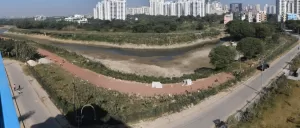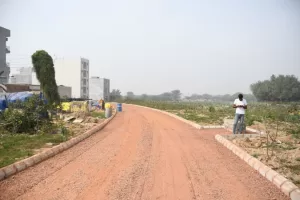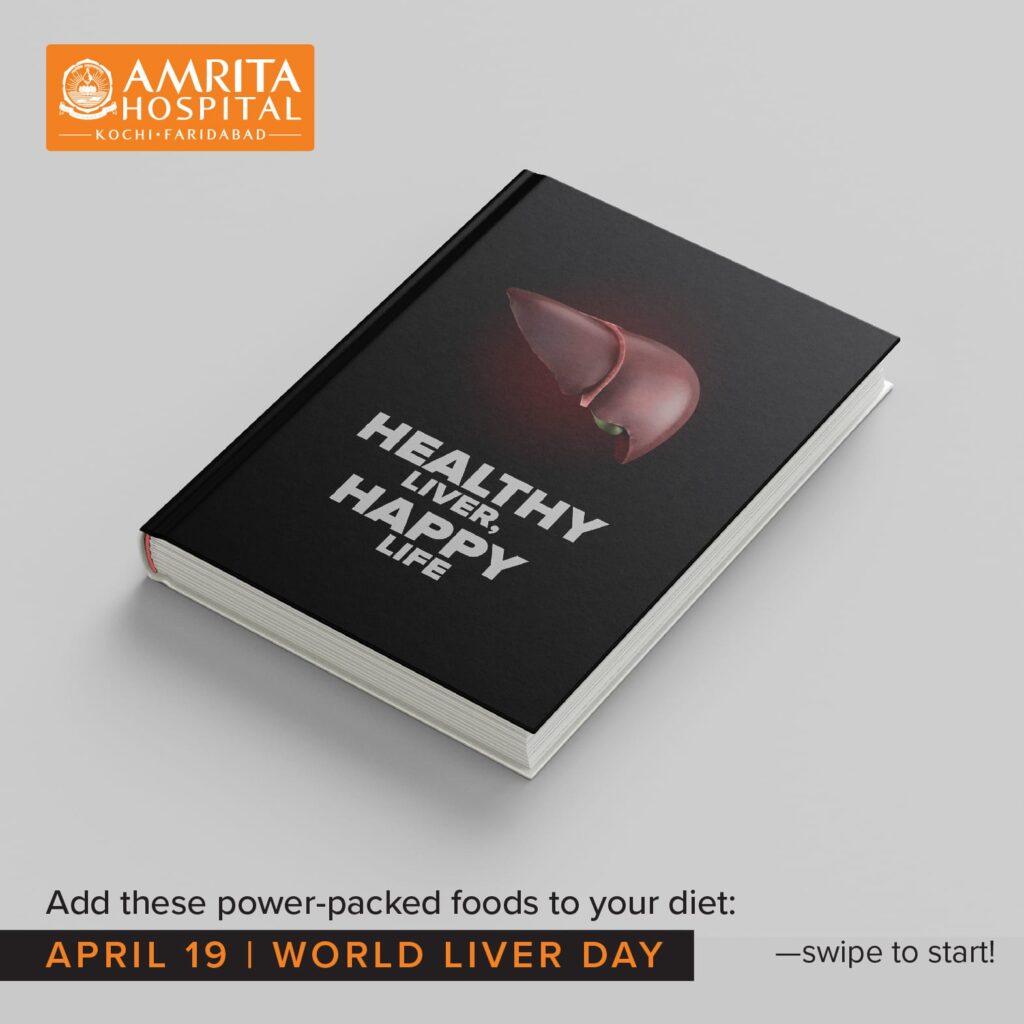To combat the effects of climate change and improve water security, SEEDS has been working to restore 18 acres of a lake in Wazirabad, Gurugram
Climate change impacts are now visible in cities due to increased instances of flooding. Increasing intensity of rainfall, coupled with rapid building activity has increased amount of hard surfaces, lead to flooding events. Overburdened drainage, rapid and unregulated construction without considering the natural landscape and hydro-geomorphology have exacerbated the problem. Gurugram witnessed a catastrophic flooding incident remembered by locals as the ‘Gurujam’ in July 2016, when a moderate heavy shower in the city caused severe flooding and traffic jams. Gurugram has been facing flooding of highways, underpasses, and basement parking spaces almost every year in the last few years.

In order to promote ‘urban sponge’ effects in a highly built-up city like Gurugram, Ingersoll Rand India partnered with SEEDS India (Sustainable Ecological and Environmental Development Society) and GMDA (Gurugram Municipal Development Authority) to restore 18 acres of a natural lake in the heart of the new town using natural restoration processes.

“Nature-based solutions, such as waterbody restoration, not only help in addressing the major impacts of climate change like urban flooding, water crises, depleting green spaces and pollution, but also help in accessing the earth’s potential to capture and absorb excess floodwater among other advantages,” says Dr. Manu Gupta, Co-founder, SEEDS.
Cities are constantly facing social, economic, and environmental challenges, which are likely to be aggravated by further urbanisation and climate change. Environmental projects such as the Wazirabad Lake restoration project contribute to reversing harmful impacts. The proposed lake restoration in Gurugram includes the planting of native species on the lakeside along with citizen-friendly features such as jogging and cycling tracks, facilities for boating and birdwatching decks. Recycled material (construction and demolition waste) is used in street furniture and entrance gates. Lighting has been designed at minimum so as not to affect natural habitat in and around the lake area. Once complete, the lakeside will attract local citizens and young children interested in wellness and recreation as much as those interested in environmental conservation and research.
“This content is provided by the company and the website will not be responsible in any way for the content of this article.”





